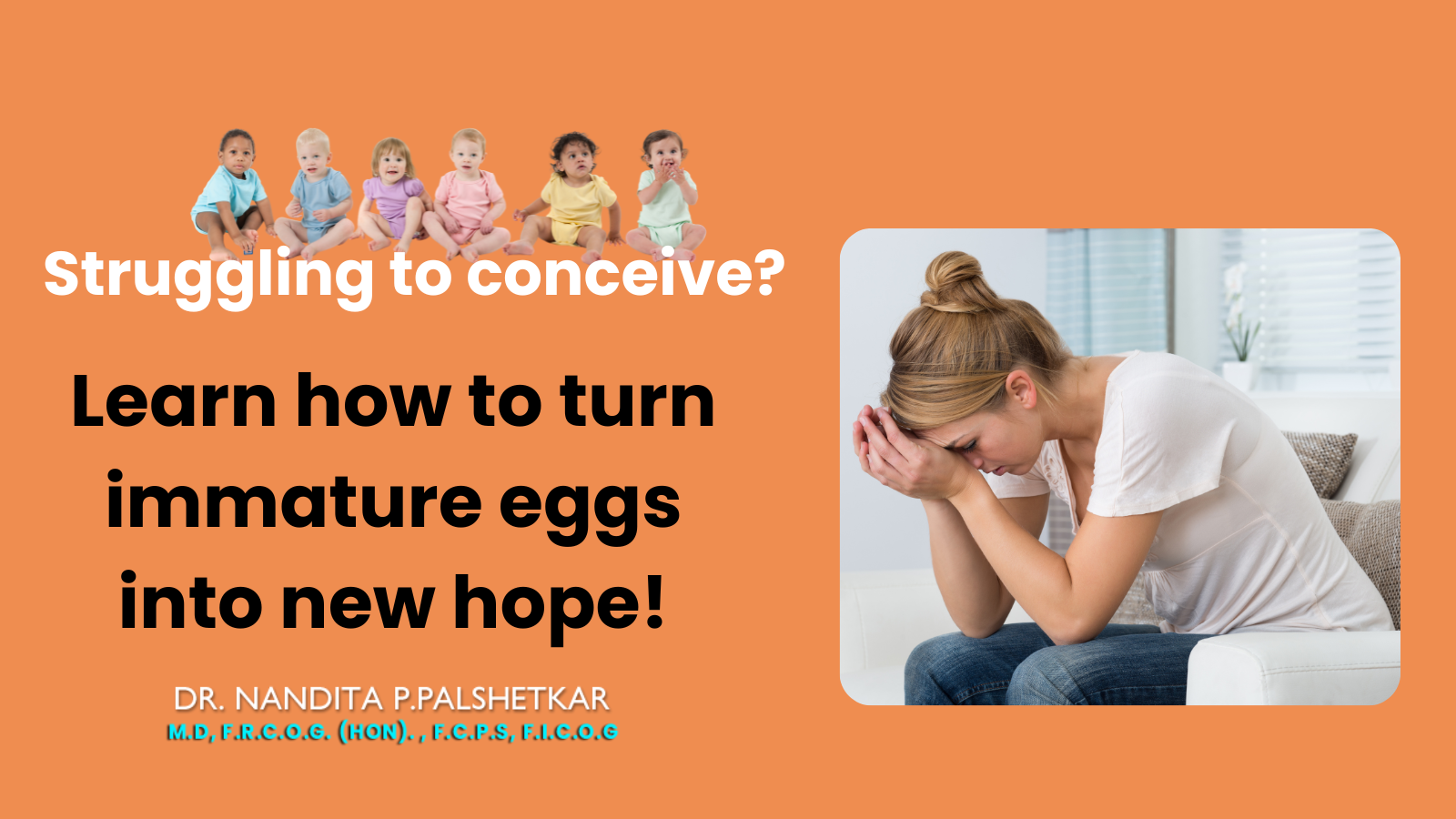

E-Brochure Download Now!

If you've been trying to conceive without success, you're not alone. Many couples face challenges in their fertility journey, and it can be emotionally draining when things don't happen as quickly as you'd hoped. However, difficulty in conceiving doesn’t necessarily mean infertility. It might simply require medical attention to identify any underlying issues. If you’ve been trying but are still unable to get pregnant, you’re not alone.
In this blog, we’ll explore the common reasons behind fertility struggles, guide on when to seek medical help, and offer insights into potential treatment options.
For most healthy couples, it’s common for conception to take between 6 and 12 months. This timeframe allows for the natural processes of ovulation and sperm reaching the egg. However, fertility can naturally decline with age, especially after 35, which can make conception more challenging.
Infertility is typically defined as not being able to conceive after 12 months of trying, or after 6 months if you are over 35 years old. If this timeline has passed, it may be time to seek a fertility evaluation to understand your options better.
In Women:
In Men:
Sometimes repeated failed pregnancy attempts could point to underlying conditions that require medical attention, which can be identified and treated with proper fertility assessments.
Several lifestyle factors can also affect fertility and contribute to difficulty in getting pregnant:
While lifestyle factors play a significant role in fertility, addressing them can help improve your chances of conception.
If you’ve been trying to conceive for over 12 months (or 6 months if over 35), it’s time to seek the help of a fertility specialist. Additionally, if you have a history of irregular periods, miscarriages, or male infertility concerns, it’s essential to consult a doctor sooner. Couples who remain unable to get pregnant despite trying should seek early evaluation to understand and address the underlying cause.
Fertility specialists can help you understand potential issues and offer a tailored plan for improving your chances of conception.
If infertility is identified, there are various treatment options available depending on the cause of infertility:
For many couples who remain unable to get pregnant, IVF can offer a new path to parenthood.
Infertility and difficulty conceiving can take a significant emotional toll. Stress, anxiety, and societal stigma surrounding infertility are common challenges faced by many couples. Repeated failed pregnancy attempts can lead to feelings of isolation, guilt, and frustration. It’s important to acknowledge these emotional challenges and seek support, whether through counselling or fertility support groups.
Struggling to conceive is an emotionally challenging experience, and it’s completely normal to feel overwhelmed. However, it’s essential to keep in mind that many couples facing infertility eventually find success with the proper treatment. With expert care, support, and personalised solutions, your path to parenthood is still very much possible.
If you’ve been trying to get pregnant and are concerned about your fertility, don’t wait any longer. Contact Dr Nandita P. Palshetkar, a renowned fertility specialist in Mumbai, who is here to provide holistic care that addresses both the physical and emotional aspects of fertility treatments, ensuring that couples feel supported throughout their journey. Book your consultation today and start your journey with expert care.